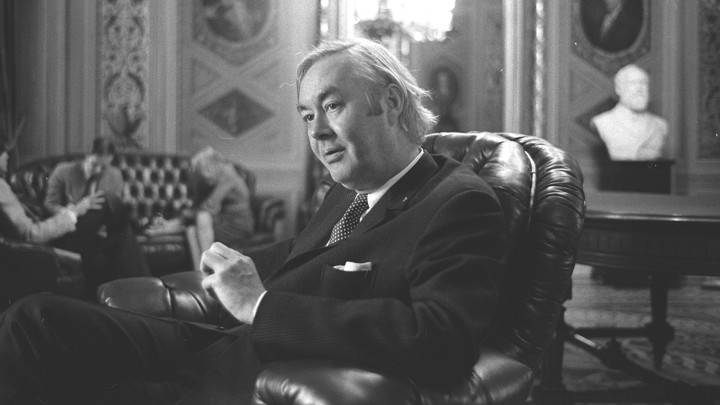AlainLocke
Banned
I have been listening to "Man-Not" via the C.O.W.S. Radio book club -- and in addition to Misandry -- one thing he really focuses on is Black Feminist/Black Feminism.
Which I understand.
But, the way he presents the conversation and data makes it appear Black Feminist = Black Women GroupThink. Like it's the key voice of Black Women.
He focuses on Feminism and how white women have used and continue to use some black women as their mouthpiece. And he has a hyper focus on Black Feminism.
As a C.O.W.S listener and student of how to combat Racism/White Supremacy -- it seems like his focus should be on White Supremacy and how that solely has worked to deepen (or try too...) the divide between black men and black women.
The focus on Black Feminism makes it appear that the majority of BW -- are Anti-BM and Anti-Black Family - --- and -- to me -- seems to create more division instead of healing and understanding.
White supremacy ideology (systemic racism) and patriarchy -- the overlapping domains used to support white male domination -- are the primary problems affecting BM and BW - anything else - such as Black Feminism - is a symptom of it.
When I go into the comments on articles about "The Man-Not" it is really sad. It's not productive in healing any gender issues and clearing up misinformation.
It's casting more blame and division amongst each-other and not White Supremacy.
If I am reading this wrong - please let me know - as I am really trying to understand it all.
Thanks
His major issue is with how Black men and boys are not allowed to be studied without the lens of Black feminism and the lens of Black feminism puts Black men and boys as patriarchs. Which is a problem because Black men aren't patriarchal...we are actually like the most progressive group in the USA and also one of the poorest. Our social hierarchy isn't like White people but Black feminism is modeled off of White feminism. White women answer to White men. White men lead households. White men have money and power.
So like when Black feminists get on a national radio show say some shyt like the leading cause of death of Black women is Black men (which isn't true)...then we have a problem...
Because it feeds into 18th century stereotypes of Black men as violent and brutish. And they get that rhetoric from the academy.
And it's kind of fukked up when these same types of Black feminists be in Black Lives Matter...asking for justice for slain Black men and building a platform off dead Black men...then demonize Black men.
So what Tommy Curry's overall argument is Black feminism is wrong about Black men. Black women do not suffer because of Black men but due to White Supremacy. Black men aren't patriarchs. We don't behave like patriarchs and most importantly we don't have power like patriarchs.
Dr. Tommy Curry ultimately wants an accurate representation of Black male life in the academy and Black feminism's representation of Black male life is in the way.
Last edited:
